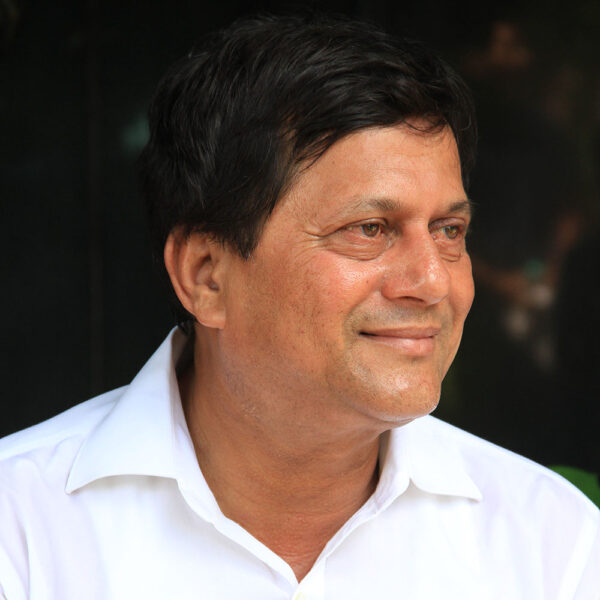Context
“Learning gives creativity, creativity leads to thinking, thinking provides knowledge, and knowledge makes you great.” -Dr. APJ Abdul Kalam.
Over last 75 years, there has been a transformation in rural life and livelihoods through different initiatives of facilitating agencies including government, NGOs and corporate bodies. There is a shift in perspectives of empowerment and development on rural issues. Besides, ‘women empowerment’ is being considered as one of the important cross-cutting areas of development. Similarly, ‘Corporate Social Responsibility’ (CSR), as a supplement to government’s development intervention, has been recognised as one of the catalysts in socio-economic and environmental transformation especially for the poor and marginalised section of population in rural areas.
However, the current rural scenario demands a lot of efforts with appropriate strategies in accelerating the development interventions and achieving Sustainable Development Goals (SDGs) in inclusive manner. In this context, the following two themes seem to be very pertinent for this 4th National Rural Management Conclave 2023: Empowerment of Rural Women for Sustainable Development; and CSR and Rural Development
The overall objective of the conclave is to bring development/business practitioners, academicians and students to a common platform and discourse on various challenges and way forward with special reference to ‘Women Empowerment and Sustainable Development’ and ‘Rural Development through CSR initiatives’.
Theme-1
Empowerment of Rural Women for Sustainable Development
The frontiers of sustainability in rural development contexts have been challenged by the emerging complex issues of associating rural women with socio-economic, environmental and political dimensions of development. Moreover, it needs to be managed professionally with appropriate knowledge, attitude and skillsets. The trained and skilled professionals are expected to face and overcome these challenges of empowering women for ensuring sustainability development.
In this context, the following important questions need special attention:
- What are the important frontiers of women empowerment potentially link to sustainable development?
- How innovation and collaboration are vital for women empowerment and sustainable development?
- What are the challenges and prospects of women development in the context of climate change and natural resources degradation? What are the possibilities in ensuring intergenerational equity through women empowerment?
- What are the roles and possibilities of institutional mechanisms (at what level) in empowering women for achieving SDGs?
- In the context of SDGs, what are the possible means to ensure women empowerment?
Theme-2
Corporate Social Responsibility (CSR) and Rural Development
In India, CSR has gained a significant attention in recent years due to the country’s increasing focus on sustainable development and the role of businesses and corporate sector in achieving this goal. Many companies engage themselves in CSR initiatives mostly to enable the rural community in accessing quality education, health care services, better livelihood skills and opportunities, conserving the natural resources, protecting environment and biodiversity, and protecting the local culture and values. The role of CSR has been observed to be phenomenal in covering the last mile in development and bringing happiness to those, who are otherwise not able to take care of themselves.
However, the following questions, in this context, need special attention
- What are the important operational link between CSR and sectors like livelihoods, health, education, environment and biodiversity?
- What are the important challenges and way forward in ensuring innovation and technology adaptation through CSR in rural economy?
- What are the important frontiers of supporting and co-creating in rural areas that need focused attention?
- What role a CSR program can play in overall rural development?
For further Information please Contact


